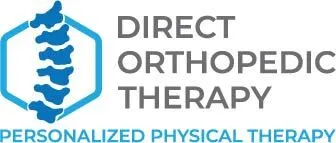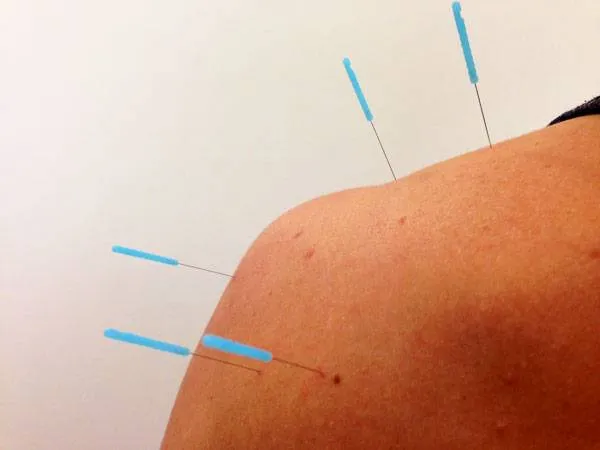Both practices are widely considered effective at relieving pain, discomfort, and tension; however, their approaches differ.
Acupuncture differs because it utilizes needles inserted into strategic points on the body to provide pain relief from within. Dry needling, on the other hand, is more site-specific; it involves inserting several filiform needles into a myofascial trigger point (or knotted area of muscle tissue) to increase blood flow and alleviate discomfort.
Acupuncture
Dry needling is a physical therapy technique that uses needles to relax muscle tension and increase circulation. It may benefit those suffering from pain, stiffness, or movement issues caused by myofascial trigger points (knotted muscles) and those suffering from other health conditions.
This procedure is known as a “dry” procedure since no liquids or injections are used. Your provider will use a sterilized needle encased in a plastic guide tube to penetrate muscle and identify a trigger point.
Before beginning dry needling treatment, your provider will conduct an extensive evaluation to determine your suitability. They’ll assess your condition and discuss symptoms while testing mobility and muscle function.
Your provider will insert a thin needle into the trigger point, creating a tiny lesion in the muscle and encouraging blood flow and healing. While this procedure can be effective for many conditions, patients usually require multiple sessions to achieve optimal outcomes.
Trigger Points
Trigger points are localized areas in the body that become tight and tender due to reduced circulation, muscle spasms, or increased nerve sensitivity. They may be caused by muscle overuse, injury or surgery, skeletal imbalance, poor posture, improper stretching, or other factors.
Trigger point dry needling is an effective treatment for relieving pain, increasing mobility, and decreasing muscle stiffness. Patients usually feel some benefit within 24 hours and can expect longer-lasting effects with multiple sessions.
Dry needling can be especially advantageous for athletes as it eliminates muscle knots that create resistance during movement, slowing reaction times and restricting joint motion. By eliminating these restrictions, athletes improve their overall performance by being able to accelerate through their full range of motion. Furthermore, dry needling helps develop stronger muscle memory so athletes are better able to perform sports such as throwing, batting or running more accurately and quickly.
Stimulation
Dry needling is a technique in which needles are inserted into trigger points deep within your muscles. This activates your body’s natural defenses, bringing nutrient-rich blood to the area and stimulating tissue repair.
Trigger points are tight bands of muscle tissue that can cause discomfort, limited movement, and reduced muscle function. They may be caused by trauma, heavy lifting, repetitive movements, or periods of muscle disuse.
Physical therapists may use dry needling to relieve pain and enhance function by inserting filoform needles into trigger points. They can also use it to increase flexibility and hasten recovery from injuries.
Dry needling can also increase blood flow to muscles and dispel inflammatory mediators that accumulate in trigger points. These changes can reduce inflammation and pain and restore homeostasis in muscles and nerves.
Pain
Although acupuncture and dry needling utilize thin needles, their underlying theories differ. Acupuncture works on the principle that slowed or interrupted flows of chi energy can lead to illness and that when this energy is released and proper flow restored, the body heals itself.
Acupuncture has been practiced for millennia and has long been proven effective at treating various illnesses. It can temporarily relieve muscle aches, migraines, knee pain, and labor-related discomfort.
Acupuncture is a therapeutic procedure in which a needle is inserted through the skin into an appropriate point in the body to stimulate nerves and release endorphins, which act as natural painkillers that can reduce inflammation, relax muscles, and promote blood flow.
Dry needling is a skilled technique used by Physical Therapists and Chiropractic Physicians to manage neuromusculoskeletal injuries and pain while improving movement dysfunction. It involves inserting a thin filiform needle into the skin, fascia, and muscles to penetrate adhesions, trigger points, and connective tissue at the injury site to expedite healing and reduce discomfort.
If you’re interested in learning more about dry needling or other mobile physical therapy services, contact us at Direct Orthopedic Therapy to schedule an appointment with our team of specialists.



